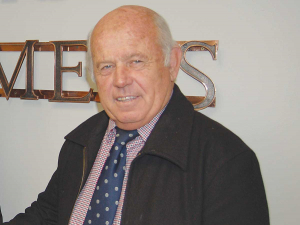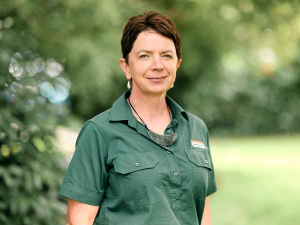OPINION: A feed shortage or poor cow condition come May 31/Gypsy Day doesn’t happen overnight and in a well-run business there should no end-of-season surprises like that.
The last 3-4 months in most regions of New Zealand have been one of the most difficult droughts to manage. When running a farm in conjunction with another party this is only a fact and not an excuse for both parties not to perform under a contract.
When sharing the business outcomes with another party it is important to keep one another informed and if that’s not already done there should be an agreed plan on the following:
• Dry-off dates for cows.
• Buying in feed options and how costs will be shared.
• Amount of supplement to be used for production now and supplements left for next season at June 1.
These decisions are important in an ongoing agreement but become more crucial when the agreement is terminating on June 1. The incoming sharemilkers’ contract and future needs also need to be considered.
This process needs to start today if it’s not already in place.
The small reprieve we had with rainfall in March (if you were lucky) should not be milked away if your May 31 targets cannot be met.
Remember, there is less winter grazing available than in a normal year.
Brought in feed - if you can get it - is very expensive.
Animal welfare standards must be met and should not be compromised.
Farm owners who have herd owning sharemilkers have an obligation here even though they don’t own the livestock.
If you need help, bring in an independent consultant to assist with a plan and budget, especially if there is tension or initial disagreement.
It’s very important the way forward is shared not imposed.
Who should instigate this?
The farm owner should but as a sharemilker don’t let things drift. Sharemilkers can and should instigate this if not done by the owner. It needs to be done NOW to influence and change things.
This is especially important in the non-herd owning agreement where it states “...where there is a shortfall in feed to meet BCS of cows the owner will arrange for the delivery of adequate feed to meet the shortfall.” This clause has a qualification to it saying, “...where the shortfall is caused by the sharemilker /contract milker, then they will supply the shortfall.”
For this reason alone the above plan needs to be in place to give clarity to the parties and maybe to protect the sharemilker from potential wrongful blame.
Having a documented plan is very important because it:
• Helps set out individual party’s actions and responsibilities.
• Sets out a budgeted plan.
• Plans for and provides animal welfare needs.
• Acts as a record that if needed is evidence in the event of a dispute on a feed shortfall or animal condition at change over.
Please let’s get this right.
• Tony Wilding is Federated Farmers Sharemilker Farm Owners Chairperson











